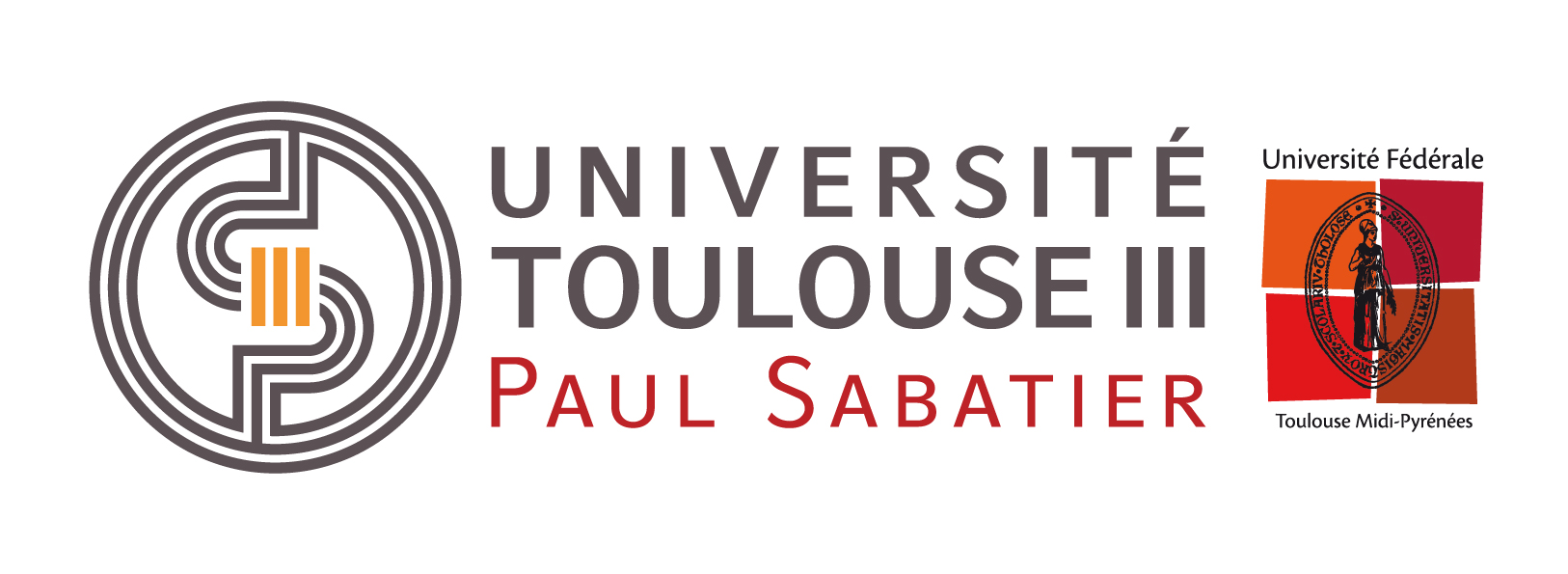TDP1 mutation causing SCAN1 neurodegenerative syndrome hampers the repair of transcriptional DNA double-strand breaks
Molecular biology;
Neurodegenerative diseases;
TDP2 ;
CRISPR-Cas9 ;
R-loops;
Topoisomerase I;
DNA double-strand breaks;
SCAN1 ;
Transcription.
DNA repair;
TDP1 ;
Olivier Sordet – Signather Team’s – Cell Signalling, Oncogenesis and Therapeutics
Inactivating mutations of DNA repair enzymes that process DNA ends are linked to various human diseases, including neurodegenerative syndromes and cancers. A prime example is the H493R mutation in TDP1, which causes the neurodegenerative syndrome SCAN1. While TDP1 can process a broad spectrum of DNA ends, its neuroprotective function appears to be primarily related to the processing of transcription-blocking topoisomerase I lesions (TOP1ccs). However, the molecular mechanism underlying the SCAN1 phenotype remains unclear, primarily due to the lack of relevant cellular models to study this pathology.
To advance this field, researchers used CRISPR-Cas9 technology to create human SCAN1 cell models that mimic key features of SCAN1 patient cells while being isogenic to parental cells. Through biochemical, genetic and genomic approaches, they demonstrated that SCAN1 cells accumulate TOP1ccs and display abnormalities in gene expression and genomic distribution of R-loop structures. They further showed that SCAN1 cells accumulate transcriptional DNA double-strand breaks (DSBs) specifically in the G1 cell population due to increased DSB formation and lack of repair, both resulting from defective processing of TOP1ccs. Mechanically, deficient TDP1 activity causes increased DSB production, and the presence of mutated TDP1 protein hampers DSB repair by a TDP2-dependent backup pathway.
This study provides valuable cell models to study TDP1 functions under normal and pathological conditions, and unravels that the presence of the mutated TDP1 protein, which hampers DSB repair, could be one of the main causes of SCAN1 disease. Thus, this study establishes the paradigm that a gain of function by an inactivated DNA repair enzyme, rather than its loss of activity itself, could lead to a neurodegenerative syndrome, paving the way for future explorations in other human diseases.

Model for accumulation of transcriptional DNA double-strand breaks (DSBs) in SCAN1 cells.
A transcription-blocking TOP1 cleavage complex (TOP1cc) is proteolyzed leading to a TOP1 peptide-linked single-strand break (SSB). Left: TDP1, which is part of a complex containing PARP1/PNKP/LIG3/XRCC1, excises the TOP1 peptide, allowing the repair of the TOP1-SSB lesion. Right: mutated TDP1 (H493R) decreases TDP1 activity, leading to the persistence of the TOP1-SSB lesion, which favor R-loop formation and DSB production. The TDP1 complex remains stalled on the TOP1-SSB lesion, which prevents its access and removal by a TDP2-dependent backup pathway leading to defective DSB repair.
Discover the published article
Cell Rep. 2024 May 16;43(5):114214.doi: 10.1016/j.celrep.2024.114214. Online ahead of print.
TDP1 mutation causing SCAN1 neurodegenerative syndrome hampers the repair of transcriptional DNA double-strand breaks
Mathéa Geraud, Agnese Cristini, Simona Salimbeni, Nicolas Bery, Virginie Jouffret, Marco Russo, Andrea Carla Ajello, Lara Fernandez Martinez, Jessica Marinello, Pierre Cordelier, Didier Trouche, Gilles Favre, Estelle Nicolas, Giovanni Capranico, Olivier Sordet
Collaborations and partnerships
- L’INSERM,
- la Fondation pour la Recherche Médicale (FRM) (équipe labellisée FRM [DEQ20170839117]),
- l’Institut National Du Cancer (INCA_16730).
- AIRC (Associazione Italiana per la Ricerca sul Cancro, Milan, Italie)
- Le ministère italien de l’université et de la recherche dans le cadre du programme PRIN 2017
- La Ligue Nationale Contre le Cancer (LNCC, en tant qu’équipe labellisée).
- L’Agence Régionale de Santé Occitanie,
- La Fondation ARC,
- La Fondation de France
- Le programme universitaire franco-italien VINCI

Centre de Recherches contre le Cancer de Toulouse (Oncopole)
Toulouse - FR
Nous contacter
+33 5 82 74 15 75
Nous rejoindre ?




